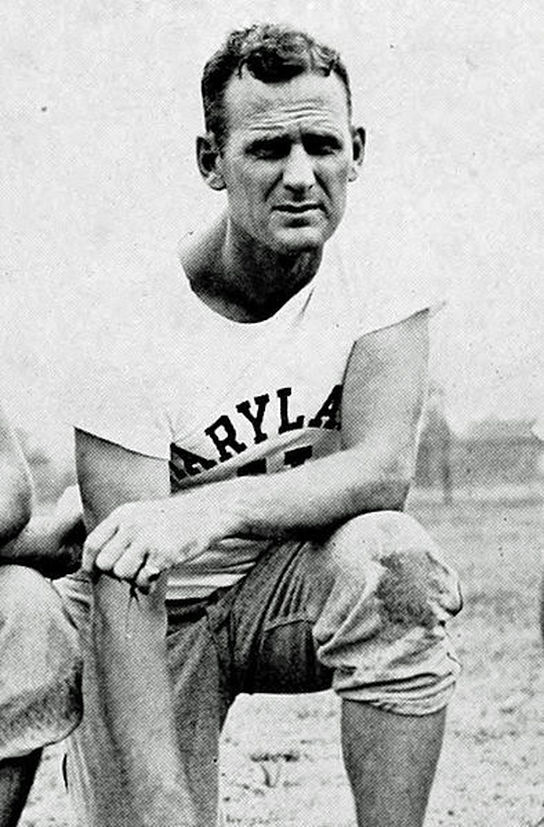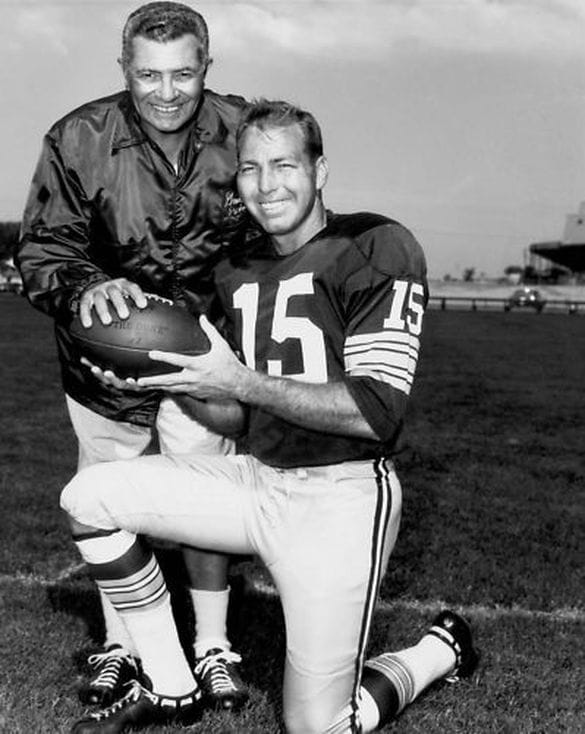7 Sure Steps to Coaching Success
The Coach enables his team (sports, business, classroom or the military) to learn from their own guided, hands-on experience.
As they puzzle through solutions, wrestle with contradictions and discover approaches, he or she is there to push and prod them in the right direction.
The good Coach knows you just can't tell people or even show them, you really have to help them figure it out on their own.
As they puzzle through solutions, wrestle with contradictions and discover approaches, he or she is there to push and prod them in the right direction.
The good Coach knows you just can't tell people or even show them, you really have to help them figure it out on their own.
Today’s leaders often talk the talk but don't really want to share with others what they consider their own competitive advantage.
Too many fail to see that quietly prodding others to master new things will build a team beyond most leaders imagination.
It can even change whole organizations into ones where guided exploration makes them discovery shops and not imitators of others' ideas.
Coaches know that you can't pass the car in front of you if you stay in the same lane and so they push their teams to build confidence to find new paths.
The hidden benefit of coaching is that teams not only improve their performance but each member learns to become a coach as well. The Coach knows you have to be what you want others to become and by setting the standards, he'll build an exploring team or business or classroom.
Too many fail to see that quietly prodding others to master new things will build a team beyond most leaders imagination.
It can even change whole organizations into ones where guided exploration makes them discovery shops and not imitators of others' ideas.
Coaches know that you can't pass the car in front of you if you stay in the same lane and so they push their teams to build confidence to find new paths.
The hidden benefit of coaching is that teams not only improve their performance but each member learns to become a coach as well. The Coach knows you have to be what you want others to become and by setting the standards, he'll build an exploring team or business or classroom.
1. Let them think of solutions.
Each time someone working for you asks a question, counter with, what problem are you trying to solve? What is the outcome you want? What do you propose we should do? Have you thought of this? Have you ever seen like this before?
Each time someone working for you asks a question, counter with, what problem are you trying to solve? What is the outcome you want? What do you propose we should do? Have you thought of this? Have you ever seen like this before?
2. Push the decision making to them.
Ask them, why not look at other data first? What if we take this route? Are there other alternatives that we might consider? These questions may take time but as they keep thinking these out, they develop the capacity to do them. Hopefully, when this competence is strong in them, they no longer will bother you.
Ask them, why not look at other data first? What if we take this route? Are there other alternatives that we might consider? These questions may take time but as they keep thinking these out, they develop the capacity to do them. Hopefully, when this competence is strong in them, they no longer will bother you.
3. Enable them to discover the tools.
Ask, if we take that route, how do we go about it? What will we need? What is the outcome we're looking for? What are the components of that outcome? Do we have the resources to make it happen? If we don’t have them in-house, where can we get them?
Ask, if we take that route, how do we go about it? What will we need? What is the outcome we're looking for? What are the components of that outcome? Do we have the resources to make it happen? If we don’t have them in-house, where can we get them?
4. Keep them motivated.
Coaches delegate tasks and responsibilities to people recognizing their capabilities to make a go of it. And when they do, they are recognized. As people get engaged and realize that they have something to contribute, their motivation gets racheted up. Making the team see clearly that each contributes to overall success is the coach's main job.
Coaches delegate tasks and responsibilities to people recognizing their capabilities to make a go of it. And when they do, they are recognized. As people get engaged and realize that they have something to contribute, their motivation gets racheted up. Making the team see clearly that each contributes to overall success is the coach's main job.
5. Build confidence.
The Coach builds the capabilities of each member of the team. Often, team members don't even know their own capabilities. They're afraid of failure. They're uncertain of their own ability to learn. Fear of failure can cripple teams as they become risk averse and will never try to pass the car in front. Innovation is above their pay grade.
The Coach must help them discover that they can exceed their own expectations and become coaches themselves.
The Coach builds the capabilities of each member of the team. Often, team members don't even know their own capabilities. They're afraid of failure. They're uncertain of their own ability to learn. Fear of failure can cripple teams as they become risk averse and will never try to pass the car in front. Innovation is above their pay grade.
The Coach must help them discover that they can exceed their own expectations and become coaches themselves.
6. Encourage them to be the best they can be.
As you build people up, you get to see clearly their strengths and weaknesses. It is always good to play up the strengths especially when you have deadlines and commitments but when there is an opportunity, it is always good to help people mitigate the adverse effects of their weaknesses if they are not able to do something about it. If there is a chance for them to get better at it, challenge them.
As you build people up, you get to see clearly their strengths and weaknesses. It is always good to play up the strengths especially when you have deadlines and commitments but when there is an opportunity, it is always good to help people mitigate the adverse effects of their weaknesses if they are not able to do something about it. If there is a chance for them to get better at it, challenge them.
7. Encourage self-motivation.
The good coach is like a fire department whose real success is evident when they're not needed anymore. We can't all be Bear Bryant or Vince Lombardi or Teacher of the Year but we can all feel our success as a coach when team members or students or the learners we're coaching accelerate into their own orbits and become coaches at the next level.
The image of the coach is quite different than the image of a teacher. The latter talks about his own knowledge to groups whereas the coach teaches the team how to learn themselves and master their own weaknesses. The best coached team almost always wins.
Geniuses can start companies but without the coaches around them they just fall off the cliff. Jobs, Musk, Edison and Ford built empires on coaches. Tesla didn't because he didn't understand coaching.
The good coach is like a fire department whose real success is evident when they're not needed anymore. We can't all be Bear Bryant or Vince Lombardi or Teacher of the Year but we can all feel our success as a coach when team members or students or the learners we're coaching accelerate into their own orbits and become coaches at the next level.
The image of the coach is quite different than the image of a teacher. The latter talks about his own knowledge to groups whereas the coach teaches the team how to learn themselves and master their own weaknesses. The best coached team almost always wins.
Geniuses can start companies but without the coaches around them they just fall off the cliff. Jobs, Musk, Edison and Ford built empires on coaches. Tesla didn't because he didn't understand coaching.
Related Articles:
Thanks for the visit. Before you leave, please share this in your favourite social media.



